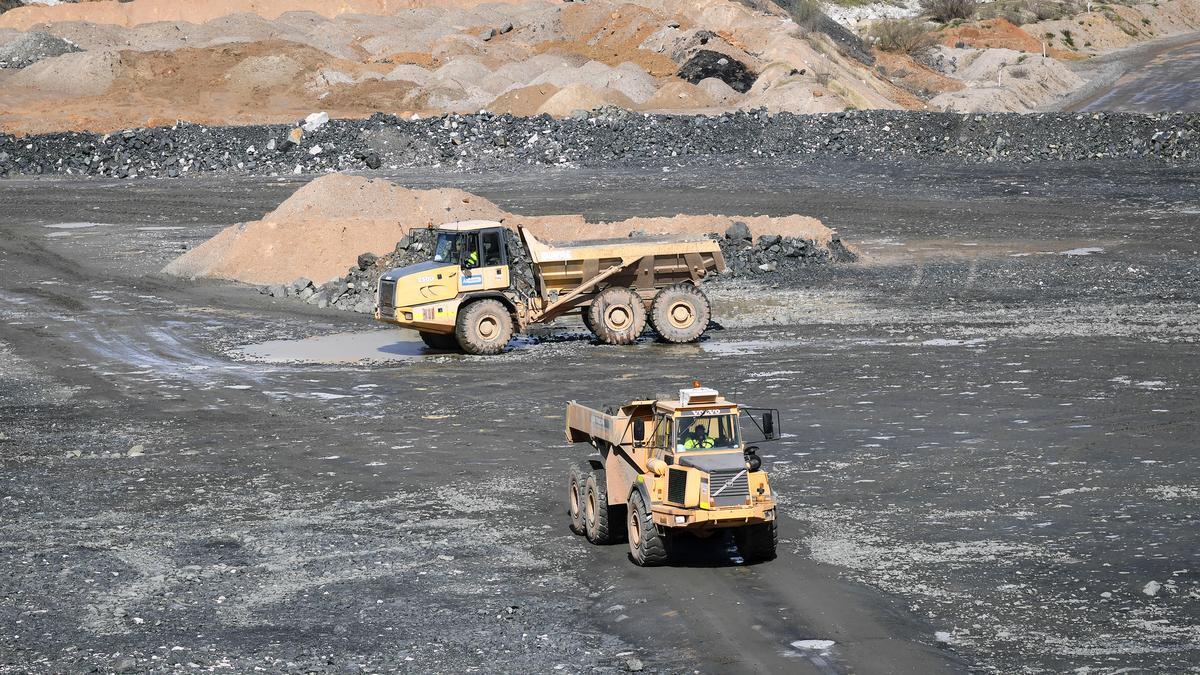Traditional leaders and residents of Ewoyaa and neighbouring Krampakrom have voiced strong opposition to the government’s decision to cut lithium royalty from 10 percent to 5 percent. They argue that the reduction undermines community welfare and represents a betrayal of expectations tied to the lithium project’s promise.
The proposed royalty cut was reportedly requested by a mining operator citing a steep decline in global lithium prices. The company argued that reduced returns meant royalty adjustments were necessary to ensure viability. However, community stakeholders remain unconvinced.
Chiefs said they were only notified through a public notice shortly before the change was announced, which they described as insensitive and unfair. They expressed frustration that no genuine consultation or stakeholder engagement took place prior to the decision, despite earlier assurances that affected communities would be involved in major policy shifts.
Residents highlighted that many had sacrificed land and livelihoods in anticipation of long-term benefits from mining operations. They fear that reduced royalties will mean fewer community development funds, less compensation, and diminished capacity to support social infrastructure such as schools, health facilities and roads benefits that had been promised during the project’s planning phase.
Local youths and community advocates argued that the cut would disproportionately impact them. Many had hoped for jobs, training and improved local prospects once mining begins. With reduced royalties future benefits now seem uncertain.
Economic analysts watching the dispute note that while falling lithium prices pose real challenges for mining companies worldwide, royalty reductions should not be implemented unilaterally without fair consultations. They warn such moves risk social unrest and may discourage foreign investment if communities see deals as unstable or unfair.
Traditional leaders have urged the government and mining firm to reconsider. They propose holding stakeholder meetings to renegotiate terms in a transparent manner and to safeguard both investor viability and community rights. They insist any agreement must recognise the value of community consent, fair compensation and long-term social impact.
As tension rises, many are calling for national dialogue. The Ewoyaa case is increasingly seen as emblematic of the broader challenge facing Ghana’s mining governance: balancing global market realities with community welfare and fair resource distribution.

